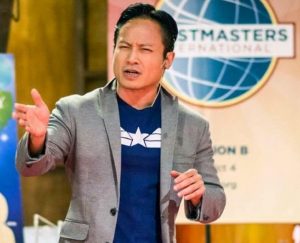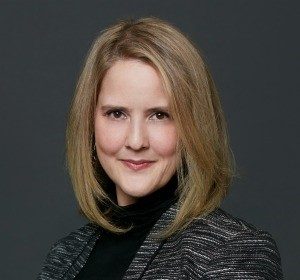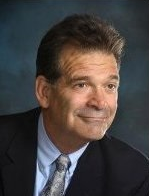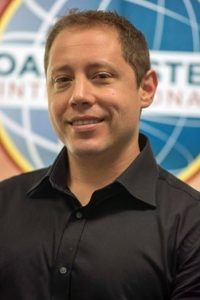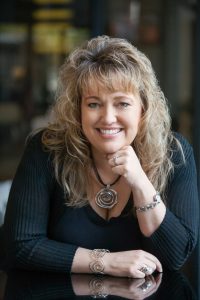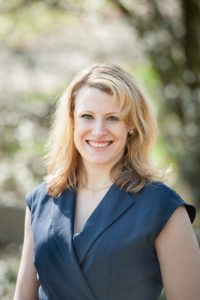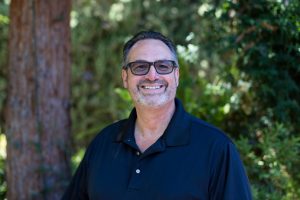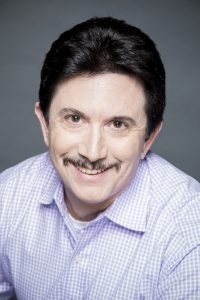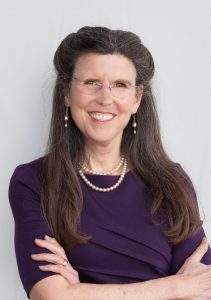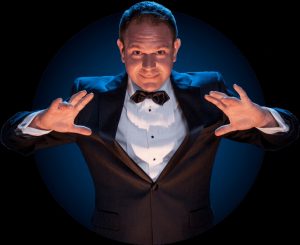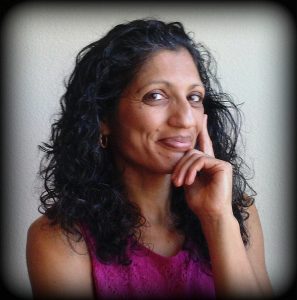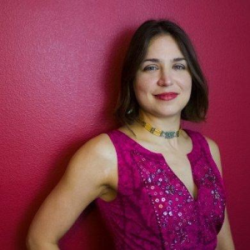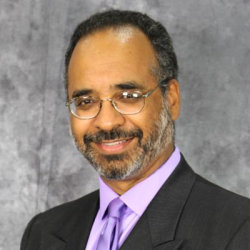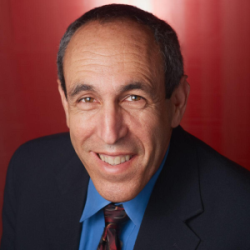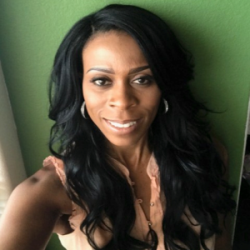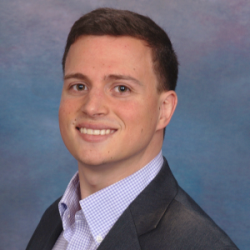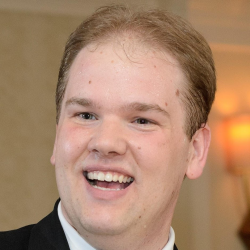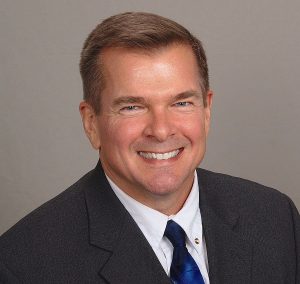By Samanvitha Basole, PM4
In middle school, whenever I was tasked with a presentation, I used to memorize my speech because I absolutely hated forgetting what to say and having to pause. At the end of my presentations, I could feel my hands getting cold and would heave a sigh of relief, I’m done.
Thankfully, this was before starting my Toastmasters journey.
When I was a sophomore in high school, I joined the Youth Leadership Program (YLP) organized by the Union City Toastmasters club. There were around 15 students in the program, and the meetings were held during the weekend for two hours. In every meeting, we rotated roles of being a speaker, evaluator, timer, table topics master, vice-president, president, etc. All of these roles imparted a sense of leadership and responsibility in me. For example, I loved being an evaluator because it felt good to help others in their public speaking journey by giving them pointers as to what they can improve in their communication. I got introduced to the elements of public speaking, such as gestures, vocal variety, eye contact, etc., and how these elements play a role in communication. It made me realize that public speaking is not just writing a speech and delivering it, but it’s also about being aware that these factors can make or break a speech.
Memorizing my speeches made me feel very fake. Although the thoughts and writing are mine, delivering a memorized speech would always block my natural flow of words. Through Toastmasters, I realized it’s OK to pause. In fact, pauses can be a great way to connect to the audience as they provide an opportunity for the audience to let the thought sink in. I don’t have to be a machine that spits out words constantly. We connect with each other through stories, and I would do great injustice to myself by not letting out the natural flow of words.
I would not have known about YLP or the importance of public speaking had my dad not encouraged me to join the program. I’m glad I took his advice and started my public speaking journey. The program ended in a few months, but it gave me wonderful friends and opened my mind to the limitless world of communication.
Fast forward a few years when I was in college, I was reading a book titled “Grit” by Angela Duckworth. It provided a perspective on what it takes to achieve:
talent x effort = skill
skill x effort = achievement
It was surprising to see how effort counts more than talent. So, I decided to consistently practice public speaking and leadership skills, and join Toastmasters International. I joined the Newark Toastmasters club whose meetings start at 7am. Yes, 7 in the morning! Morning time really works out for me because I’d have no conflicts, and thus no excuses to skip meetings. The club members were very welcoming and supportive, and encouraged me to sign up for speeches and other roles.
The projects in Toastmasters allow me to experiment different things and to explore what works best for me. The fact that every person in my Toastmasters club aims to grow and support others’ growth gives me tremendous confidence in giving my speech. Additionally, it helps me turn my awareness inward, as opposed to getting distracted by the external environment and being preoccupied with thoughts like, “How do I look?”, “Am I saying the right thing?”, “How will people perceive me during my speech?”, etc. Instead, I try to be conscious of things like “Did I get nervous when moving from one part of my speech to the other?”, “Did I feel like I forgot what to say?”, “Did I get uncomfortable due to a pause?”, etc. It’s a safe platform where I can give a speech, be aware of the delivery, gauge problems in my speech, notice my own patterns, and change my style accordingly. And of course, my fellow toastmasters would give me an evaluation of my speech which helps me understand how I’m perceived.
As much as I enjoy giving a speech and receiving feedback, I absolutely love being an evaluator. Evaluation is definitely a challenge when the speaker is a communication veteran with several years of experience in public speaking, and the majority of my club members have been part of Toastmasters for more than 10 years! Another interesting part of the meeting is the table topics session. It is fun to be a table topics master and put people on the spot. When you ask table topics questions, you not only learn about the other person but you also create that environment for them to practice thinking on the feet.
Through Toastmasters, I have realized what a good speaker is, and I now have a goal to work for. I view communication and presentation skills as a work-in-progress. I strive to become a speaker who is authentic and can connect with the audience. Now that I know speaking from the heart is important, I no longer sit for hours and memorize my speeches. But that doesn’t mean I’ll go unprepared and wing it. Planning is very important, and I always write down the main points of my speech, visualize what I have to say, and practice saying it in front of a mirror.
It has been a fantastic 16 months with Toastmasters, and I’m just starting! My perspective has changed from viewing public speaking as a task that involves rote memorization to an opportunity to share my story. I am inspired by all the volunteers and leaders running events, workshops, and contests. Evaluating experienced speakers, giving speeches, and listening to amazing stories has made me into a more critical thinker, an authentic speaker, and an empathetic person. And I hope to contribute back to this strong Toastmasters community!
– * – * – * –
Samanvitha Basole is a recent graduate of San Jose State University. She works as a software engineer and has been a member of the Newark Toastmasters club for close to a year and a half. She is a Triple Crown winner in 2019-2020. View her profile and connect with her on LinkedIn.


